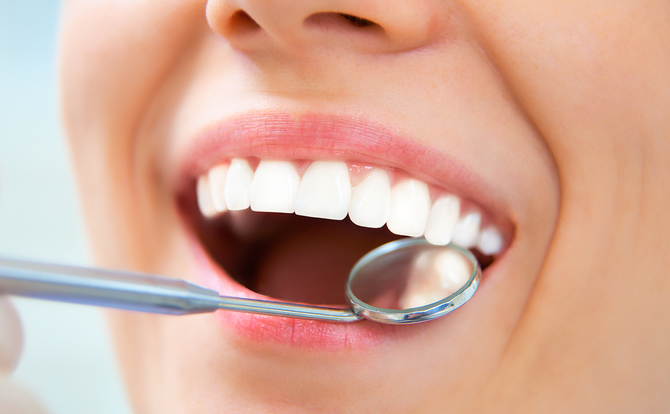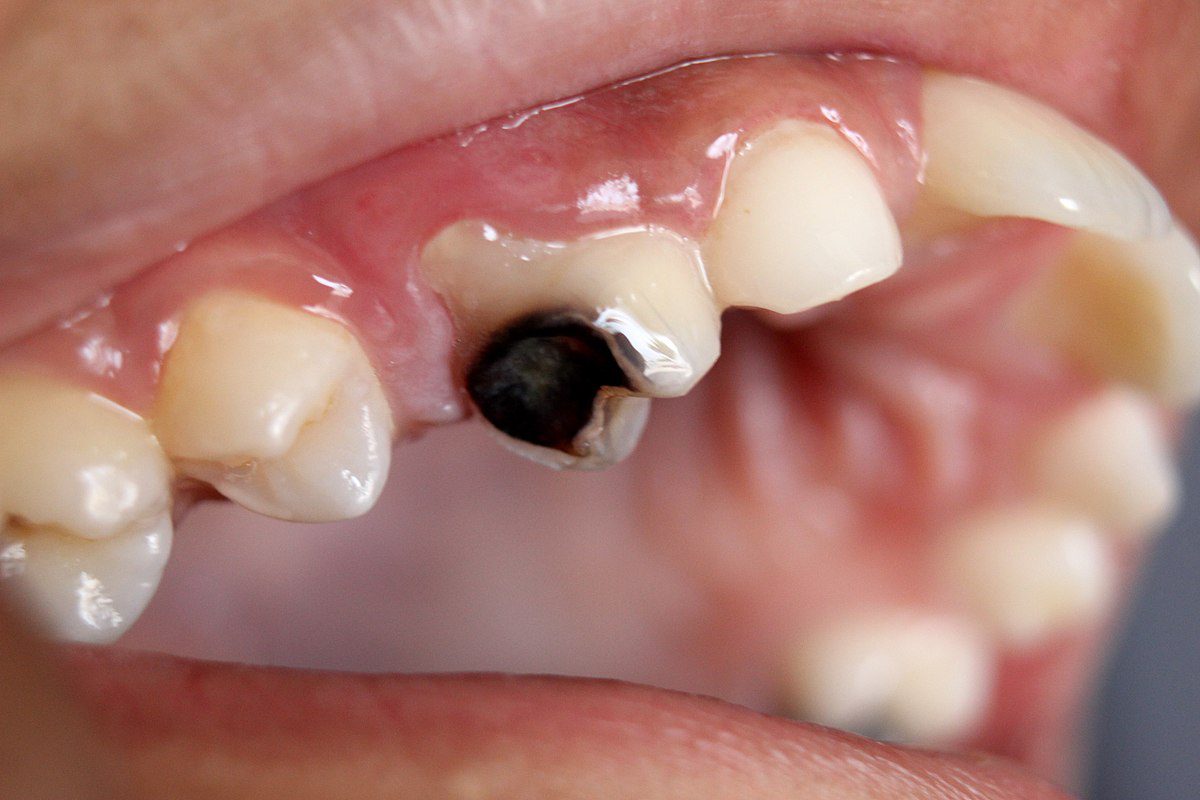If you have gum gum disease or an excessive amount of plaque build up, your dentist may recommend a dental scaling procedure to prevent it from worsening. Dental scaling is a cleaning procedure that goes much deeper than a standard cleaning. Dental handsstrong.com scaling goes hand-in-hand with another deep cleaning technique known as root planing. Both procedures involve going below the gum line to remove plaque build up.
Here at Advanced Periodontics & Implant Dentistry, we offer several treatment options to ensure your gums stay healthy and clean. Our range of gum disease treatments improve the overall oral health of patients and dental scaling is an effective technique to do so. Here is everything you need to know about dental scaling:
Why Do I Need Dental Scaling?
It is kind of impossible to prevent any plaque build up from occurring. Plaque is constantly forming on our teeth from the foods and beverages we consume. The saliva and bacteria that is in our mouths form a thin layer over the tooth enamel and the acids and sugars from the foods and beverages stick to that layer. The bacteria that lives in the plaque build up is what causes gum disease and tooth decay.
If you have gum recession, you may also be at risk for gum disease. If you have healthy gums, the gum tissue attaches to the tooth 1 to 3 millimeters below the tooth. If this is the case, a standard cleaning will be sufficient for removing plaque build up. With gum disease, the gum sockets deepen and can reach up to 4 millimeters or more below the tooth. These deep pockets can fill up with plaque and cause greater complications, such as bad breath.
With pockets of 4 millimeters or more, a scaling procedure is recommended to remove the plaque trapped below the gum line before complications arise.
Dental Scaling And Root Planing

The deep cleaning procedure has two main parts: dental scaling and root planing. Dental scaling is the first step which involves carefully removing the plaque from the tooth’s surface and gum line. There are two types of scaling instruments:
- Handheld instruments. A dental scaler is a handheld tool used to manually remove, or scale, the plaque from the tooth’s surface. The thin tool is inserted below the gum line to reach the plaque your toothbrush cannot reach.
- Ultrasonic instruments. The ultrasonic scaling tool involves a vibrating tip and a water spray. The vibrating tip removes the plaque while the water spray washes away the debris and cleans out the pockets.
Following the scaling procedure, root planing is then performed. Root planing goes much deeper than scaling and involves precise scaling of the tooth root to decrease any inflammation and to smooth out the tooth’s surface in order for the gums to reattach properly.
What To Expect After The Dental Scaling Procedure
Following the scaling and root planing procedures, your mouth may feel sensitive or sore. At times, patients may experience swollen gums or slight bleeding for a few days prior to the procedure. Using a desensitized toothpaste may be recommended to ease the pain or discomfort. After the scaling and root planing procedures, it is important to follow the proper brushing and flossing techniques to prevent any plaque from forming in the same spots.
Dental scaling plays a crucial role in oral health and treating gum disease. If you notice your gums are sensitive, swollen, or bleed while brushing, contact (877) 440-8001 to schedule your complimentary consultation. Our specialists here at Advanced Periodontics & Implant Dentistry will ensure an effective and comfortable treatment.


